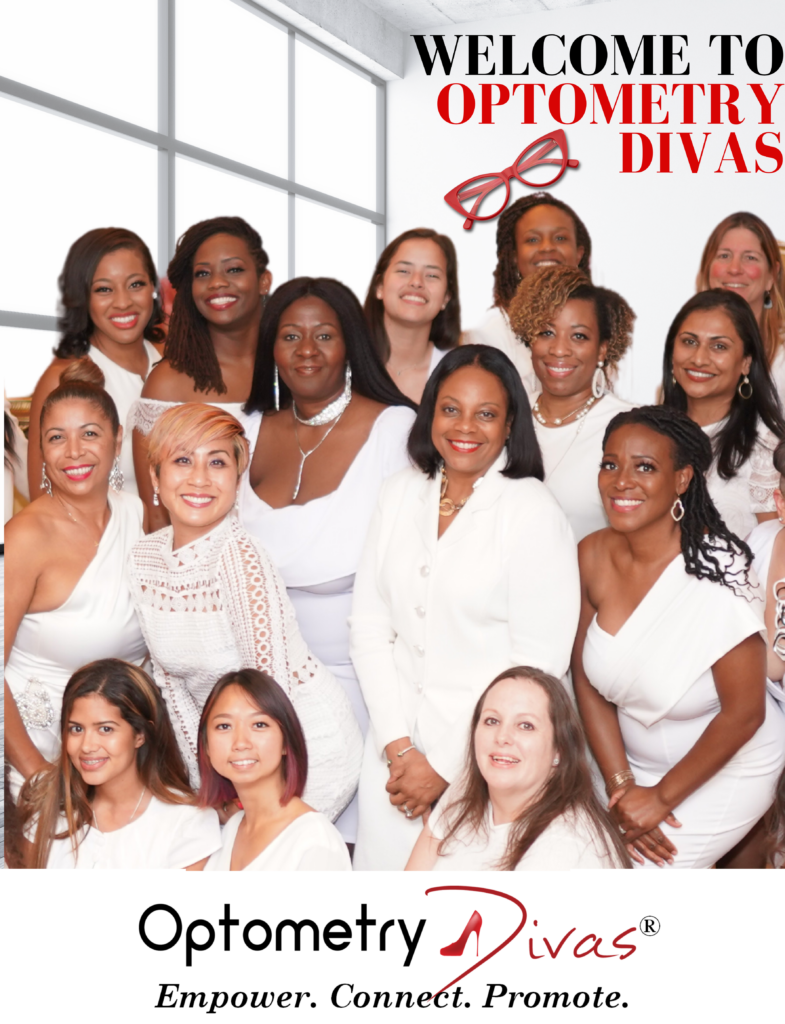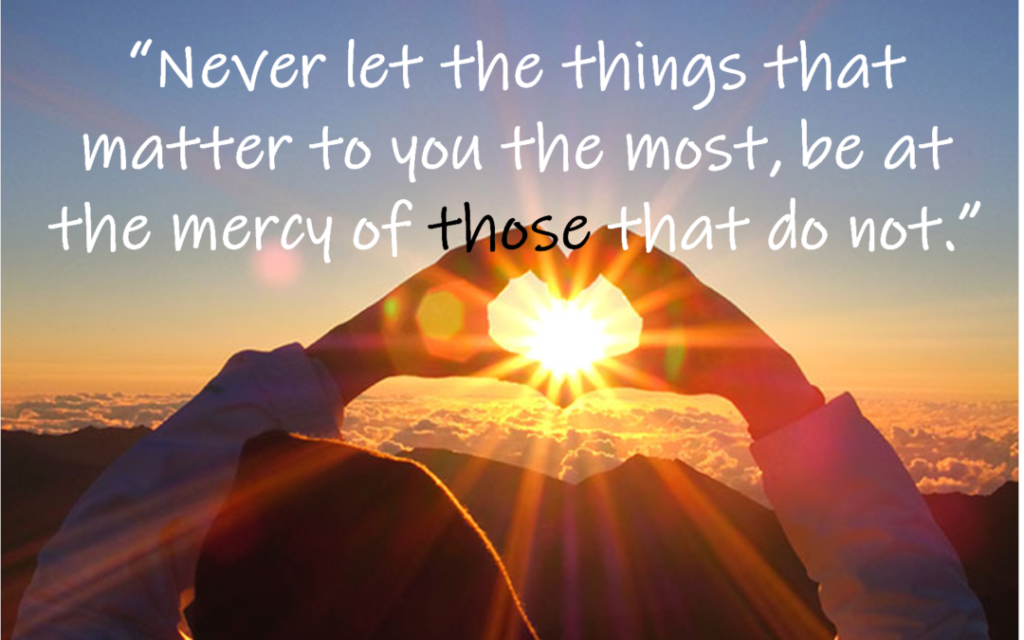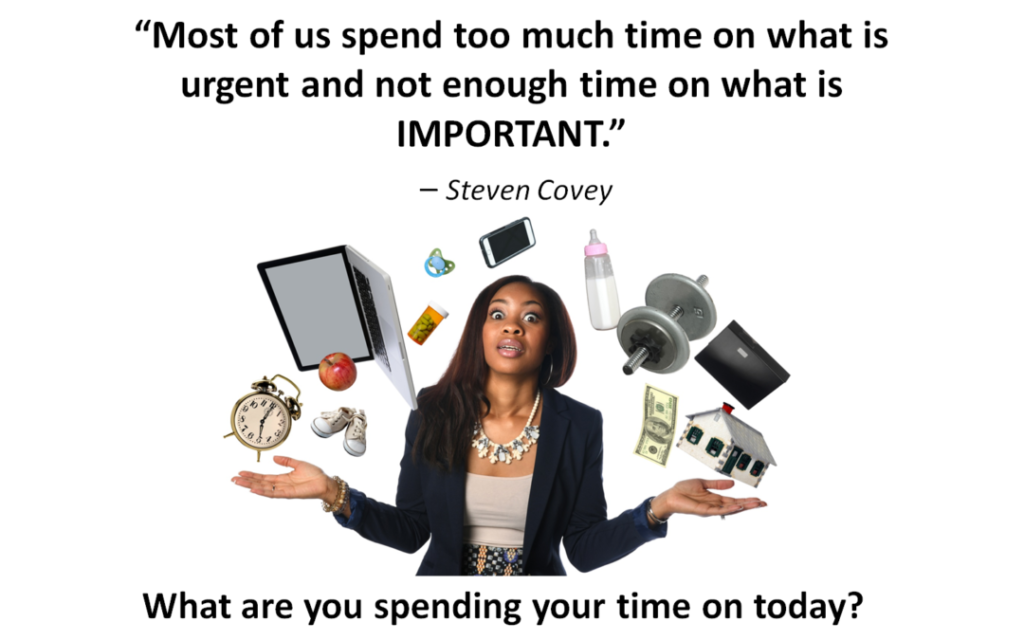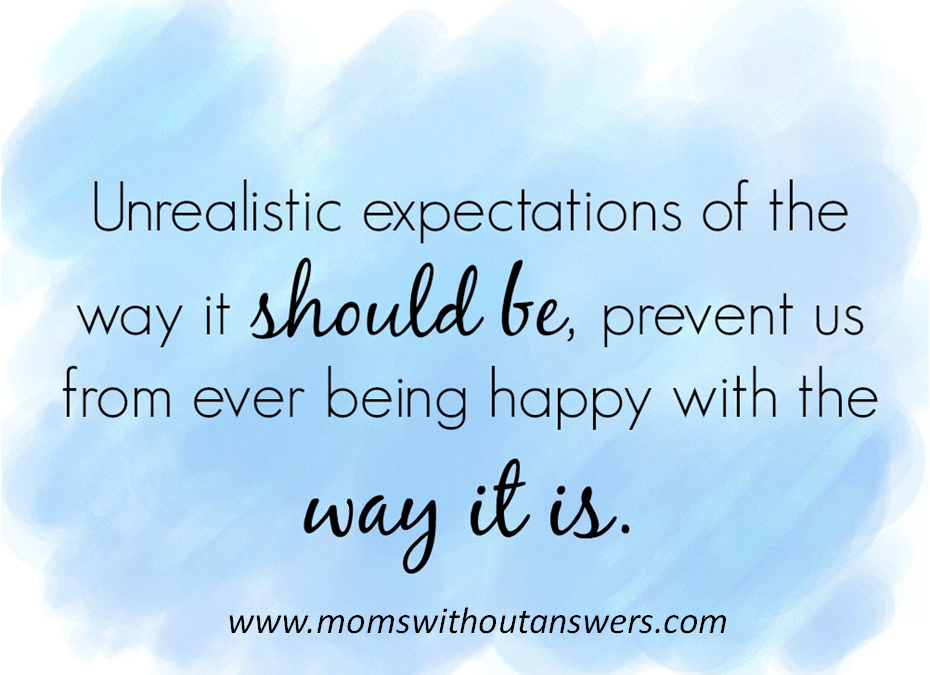Optometry Divas Podcast – Episode 1 – Is Work-Life Balance Overrated?

Welcome to the Divas Talk – Episode 1: Is Work-Life Balance Overrated?
Hello friends, and welcome to the first episode of the Divas Talk Podcast! I’m thrilled to have you join us as we dive into a topic that’s on everyone’s mind—work-life balance. Or, more precisely, whether work-life balance is even something we should strive for in today’s fast-paced, constantly connected world.
We live in a society that prides itself on working hard and achieving more. In fact, most of us spend about a third of our lives at work, and technology has made it possible to connect with colleagues from virtually anywhere. But as our personal and professional lives overlap more than ever, the elusive goal of “balance” becomes increasingly difficult to attain.
The Search for Balance
Have you ever Googled the term “work-life balance”? If you have, you probably noticed there are more than 72 million search results and half a million books written on the subject! Clearly, this is something people are hungry for. Yet, the reality is that work and life aren’t two opposing forces that can be neatly compartmentalized and balanced on a scale. Work is an essential part of life—it can either be meaningful and fulfilling, or stressful and disruptive.
But here’s the hard truth: The concept of work-life balance is overrated and incomplete. Trying to keep everything in perfect harmony is not only unrealistic, but it can also lead to constant feelings of failure. Why? Because life is fluid, and our focus naturally shifts between work, family, and personal interests at different times.
Finding Fulfillment with a Fluid Approach
Instead of chasing the unattainable goal of balance, it’s much more productive—and fulfilling—to take a fluid approach to life. Some weeks, you’ll feel on top of everything. Other times, you’ll find yourself pulled strongly in one direction, and that’s okay. Life naturally ebbs and flows, and over time, things tend to level out.
During today’s show, we talked about three strategies you can use to embrace a more fluid approach to life:
1. Prioritize According to Your Values
Forget about balance for a moment and focus on prioritizing your life based on what truly matters to you. Have you ever taken the time to identify your top five to eight core values? If not, now is the time! Without this guiding compass, it’s easy to feel like your life is out of sync. When you know your values—whether it’s family, integrity, or personal growth—you’ll have a much clearer sense of what deserves your attention.
Here’s an example: Imagine your top value is family. You might be swamped at work one week, but if you’ve prioritized spending quality time with your loved ones on weekends, you’ll feel more fulfilled and less guilty about those busy workdays. Values help us stay grounded, especially when life feels hectic.
2. Ask for Help
As women, many of us have been conditioned to think we need to do it all—and do it perfectly. But here’s a newsflash: You don’t have to do it all alone. Ask for help! Whether it’s your spouse, your children, or your friends, the people around you often want to help but don’t know how unless you ask. Be specific and clear when asking for support. Too often, we expect our loved ones to read our minds, and when they don’t, frustration builds. Don’t make that mistake—ask for help before you burn out.
3. Set Boundaries and Let Go of Perfectionism
Here’s another liberating truth: You are not Superwoman—and you don’t need to be! You can’t say yes to everything without eventually running yourself into the ground. Learning when to say no is critical to maintaining your well-being. Whether it’s a work project, a social event, or a personal favor, it’s okay to decline sometimes. Guard your energy, prioritize your health, and set clear boundaries around your time.
Letting go of perfectionism is also key to setting boundaries. Striving for perfection in every area of life is a recipe for exhaustion. As long as you’re doing your best, that’s more than enough.
A Personal Story: My Own Journey
Before we wrap up, I want to share a quick personal story. Early in my career, I struggled with work-life balance, constantly chasing an impossible ideal. I thought I could do it all—run my practice, take care of my family, and still find time for myself. But it wasn’t long before I burned out.
One day, I realized that something had to change. I started by reassessing my values, asking for help from my family, and learning to say no when I was stretched too thin. Gradually, I let go of the idea of “balance” and embraced a more fluid approach to life. The result? More joy, fulfillment, and success in both my personal and professional life.
Conclusion: Embrace Fluidity and Thrive
As you move forward, I encourage you to stop chasing balance and start embracing fluidity. Prioritize what matters most, ask for help when you need it, and set boundaries to protect your time and energy. Life is ever-changing, and when you adopt a more flexible mindset, you’ll find greater fulfillment in every area.
Why You Should Join Optometry Divas
Now, if you’re ready to take your life and business to the next level, there’s no better place than the Optometry Divas community. Here are three reasons why you should join us:
- Empowerment – You’ll gain access to valuable resources that will help you grow both personally and professionally.
- Connection – You’ll join a network of like-minded women ODs who are navigating similar challenges and supporting each other every step of the way.
- Promotion of Success – Our community is designed to promote the success of women ODs by offering opportunities to learn, grow, and thrive in both your career and personal life.
Visit optometrydivas.com/join and let’s get started!
Stay tuned for the next episode of Divas Talk, and don’t forget—we want to hear from you! What topics would you like to hear us discuss next? Share your thoughts in the comments below.
Until next time, remember to dream big, take risks, and become the CEO of YOU!






Responses